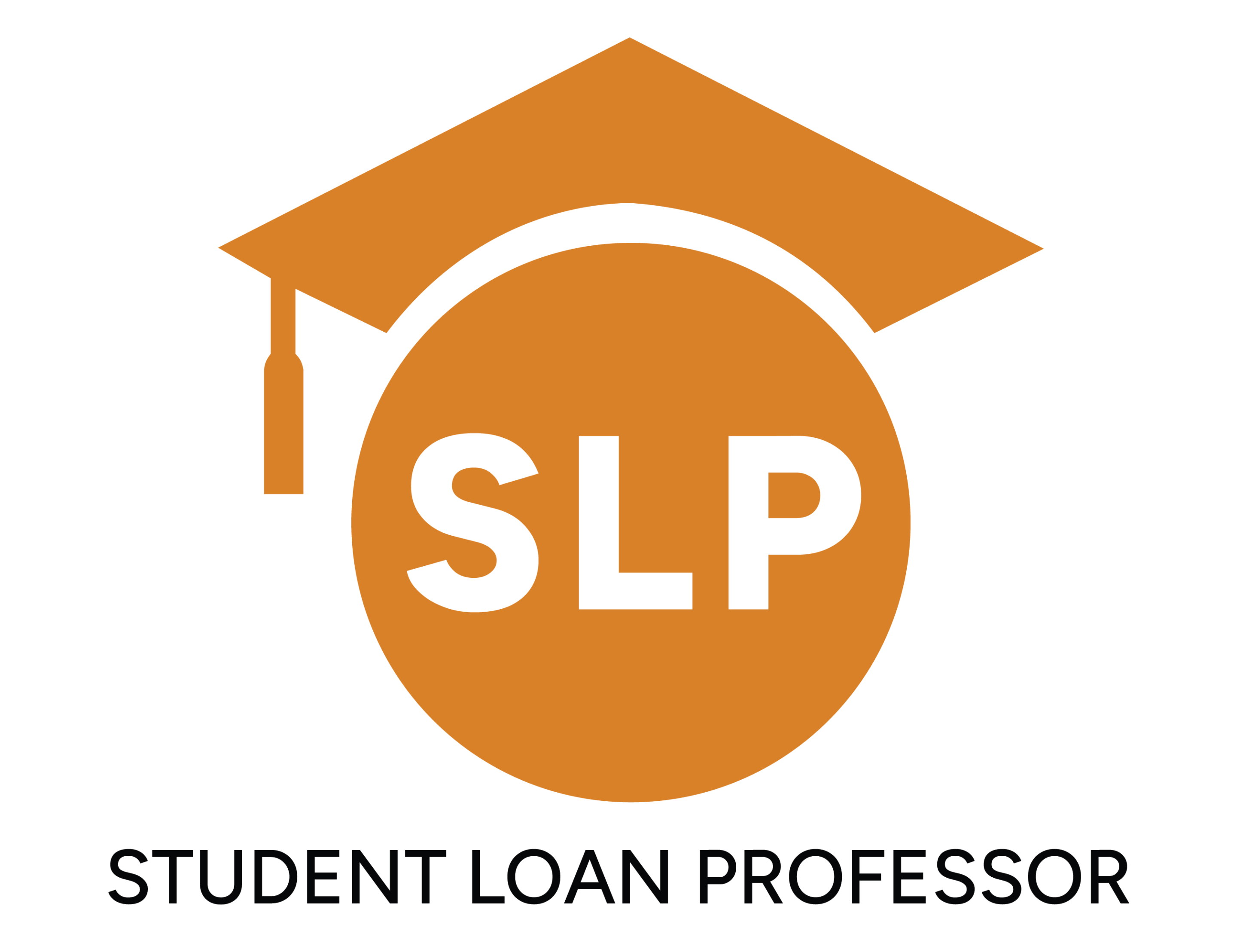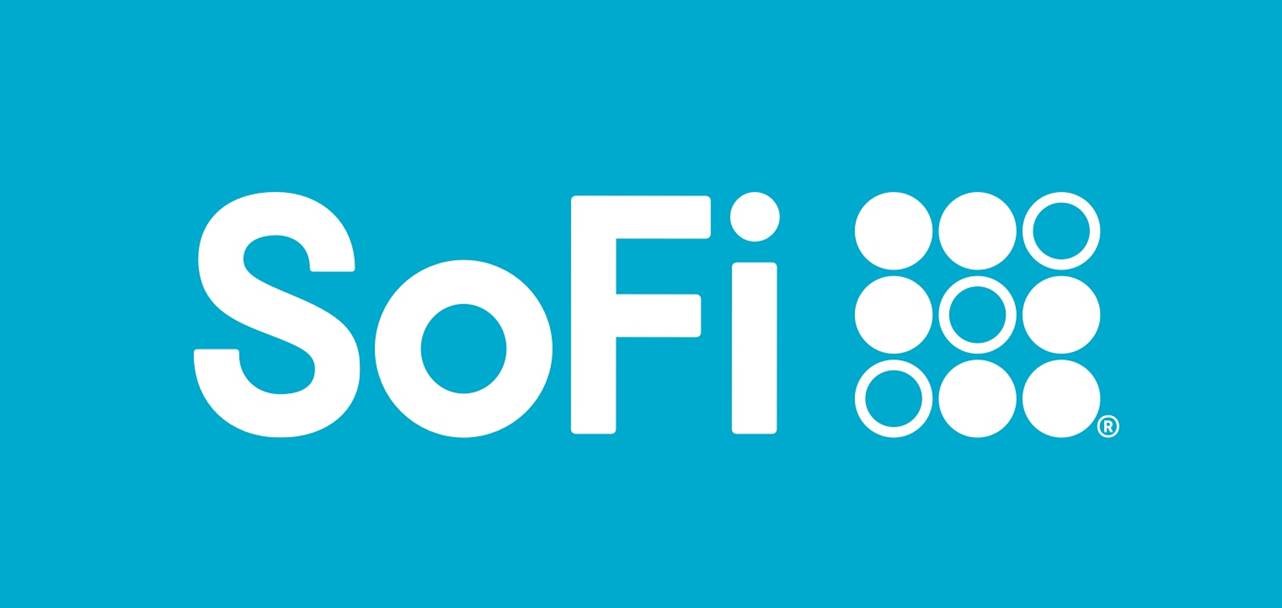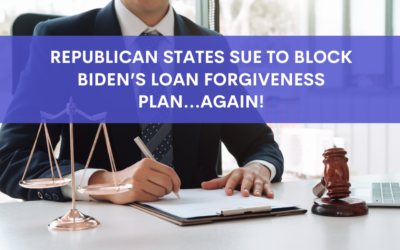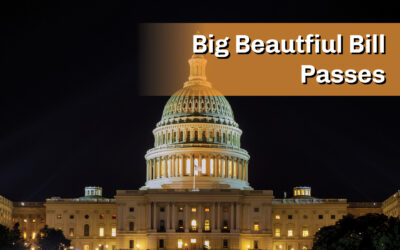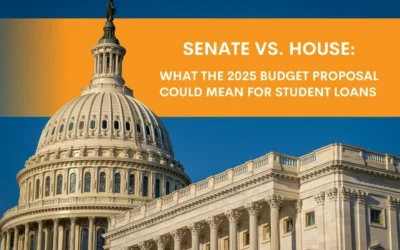If the looming Supreme Court decision on President Biden’s broad loan cancellation program wasn’t enough student loan drama for you… get your popcorn ready.
On March 3rd, the nation’s largest private refinancing company, SoFi, threw their hat in the ring and filed a lawsuit against the Department of Education. They are petitioning the court to immediately end the CARES Act payment and interest pause for borrowers who don’t qualify for Biden’s proposed loan cancellation program (read our detailed summary here). Needless to say, this move has drawn the ire of a vast majority of borrowers, advocates, media pundits and the like.
In this blog, my aim is to simply offer perspective on the implications of this move by SoFi by sifting through some of the bias we’ve seen, and share some expectations based on our own experience as borrower advocates. I’ll do so from three separate vantages: Financial, Legal and Strategic.
Financially
It’s no secret that the CARES Act has taken substantial revenue from refinancing companies; no private lender can compete with 0% rates. As such, refinancing activity has dropped off a cliff these past three years, and so have the revenues. I’m not even talking profit margins here. If you shut down an entire industry like this over a 3+ year period, it can literally shut a company down, and already has. CommonBond was a great refinance company, and they shuttered last year. I suspect more will follow very soon. Honestly, this is probably more of a survival decision than one of “corporate greed”.
Legally
This latest extension of the payment pause differed from the prior seven extensions (yep, this was #8!) in that the administration did not formally or verbally tie it to the pandemic or HEROES Act. In this case, the extension was seemingly a direct response to the resistance the broad loan cancellation faced. Idealistically, they didn’t want repayment to resume for those in limbo awaiting cancellation, therefore extending the pause seemed like a practical move in their eyes. But practical or not, SoFi claims this latest extension was not legal, given the pending expiration of the Covid emergency declaration and the administration stating on multiple accounts that the pandemic was basically over. If you want to get really technical, they are also filing suit based on DOE failing to follow the Administrative Procedure Act by not allowing for the public comment period that typically precedes such actions. There’s a valid legal argument here.
Strategically
The most puzzling aspect about this whole thing is the timing…aside from the pandemic ending. They have suffered through this refinancing ice age for three years now, but the end is in sight. Biden has said payments will resume August 30th, and perhaps sooner if SCOTUS makes a quick decision. So why would this rather popular, socially savvy, very successful company risk pi$$ing off its entire client base at the 11th hour? I can’t say for sure, but it’s possible SoFi has learned something the public isn’t privy to yet. With plenty of “contacts” in DC, perhaps they’re hearing rumors of another payment pause extension if SCOTUS strikes down the Biden plan. Several outlets have speculated that another extension to the payment pause is coming, and no doubt another year of this would be brutal for any refinancing company. So that’s just a hunch, but I think it actually adds up pretty well. We’ll have to wait and see where this goes.
Unfortunately for SoFi and other lenders who rely substantially on private refinancing, this timing could be “too little, too late”. The Fed Chairman indicated this week that interest rates will continue to rise in the near term to cool inflation. Only the most attractive underwriting profiles can refinance loans today, and the rates are significantly higher than they were last year. The near term forecast for private refinancing is dubious at best, even if the pause were to end.
Some perspective for those who see this solely as a case of unapologetic corporate greed: The student loan payment pause has cost the taxpayer up to $80 billion a year in uncharged interest since 2020. An argument could be made that reallocating this expense towards the borrowers most in need of relief is actually the more progressive approach.
But I digress… this entire fiasco has become politicized, and we’re just here to report the facts and help you reduce the cost of your debt.
Stay tuned as we will definitely be adding to this blog as the story unfolds.
Brandon Barfield is the President and Co-Founder of Student Loan Professor, and is nationally known as student loan expert for graduate health professions. Since 2011, Brandon has given hundreds of loan repayment presentations for schools, hospitals, and medical conferences across the country. With his diverse background in financial aid, financial planning and student loan advisory, Brandon has a broad understanding of the intricacies surrounding student loans, loan repayment strategies, and how they should be considered when graduates make other financial decisions.
